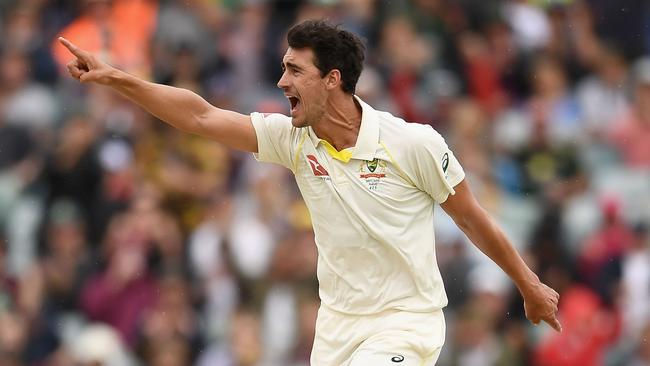Taking the rough with the smooth
- Marco Higgins
- Feb 13, 2021
- 4 min read
I'm sat here watching the first India-England test match and I've just witnessed all-round nice guy Jos Buttler snick off and not walk off. I thought he was a walker but thinking back, I'm sure when I previously saw him walk off the opposition had reviews left.
Has he done anything wrong?
Absolutely not. It's a dog-eat-dog world out there and it does not reward people for being nice and walking off.
That seems a bit wrong, doesn't it Coach?
The reason I advocate not walking is quite simple. What happens when you get given out when you actually aren't out? You can hardly go up to the opposition captain and say "I think that was going down leg", or "I actually got the thinnest of inside edges on that one".
What's he going to say? "Oh well if you thought it was going down leg batsmen, then we'll let you carry on".
He's going to tell you (in not necessarily always the nicest possible way) that you can keep walking off! And he's absolutely right to. It's not up to him to make the decisions on whether you are out or not, only to get his bowlers to ask the question of the batsmen and appeal when he thinks he's got you.
The umpires get paid to make these decisions and just like you and I they are human. I've seen some truly awful decisions where the only person in the post code who thinks it's out is the standing umpire, in particular one in Australia. I've also received some excellent decisions myself where they've recognised the tiniest of inside edges on an lbw appeal or realised that the ball has brushed my elbow and not my outside edge when it looks to everyone that it could only have been bat.
But they are human and will make mistakes, just like you and I will drop catches from time to time. As long as they are giving honest decisions then we have to go along with the umpires, and I fully believe they do give honest decisions. They want to show people they are the most competent umpires and work their way up the leagues, in the same way many of us players want to play at the highest level we can. But shouting at umpires or making gestures showing your displeasure at the decision is not the right thing to do. Unfortunately, you do have to just walk off once given, or accept his not out decision.
But imagine you walk off when you're not 100% sure you're out and neither were the opposition despite a stalled appeal, and the umpire also says after the game he wasn't going to give you out. Then the following week you get given out in the same way when you know you didn't hit it. How are you going to feel?
It's exactly why I encourage you to stand your ground. Yes, you might feel a little guilty for an over or two (especially if you know you're out), and there will be some words said. Just remember, many, if not all of the opposition would do exactly the same and stand their ground should they be in your shoes. It's just an opportunity to make you feel guilty and nervous about the umpire making a mistake so that you get annoyed and play a rash shot. The opposition cannot give you out.
Is there a time where you should walk off?
Well yes. My experiences and the realities of the above are from playing at a high level. If you're only playing social cricket at not so high a level, or typically Sunday cricket where your team-mates are having to contribute to umpiring then the social side of things takes over and you should be playing as fairly as possible and if you know you're out then it is best to just walk off.
But playing at a high level means playing for places and the opposition are not going to care if you get dropped this week or next, they just want to see the back of you so they can win the game. If that means they'll take a poor decision from an umpire then why would they care?
And Buttler isn't the only one standing his ground. AB De Villiers snicked off to first slip in an ODI against India early in his career, he didn't walk off. Justin Langer admitted recently he "absolutely smashed it" at a crucial time in a match against Pakistan. Even Ricky Ponting stood his ground in 2005 when he gloved one down the leg-side having made 150, later admitting he knew he gloved it.
I'm not going to tell you what to do of course, walk off if you want to. But you have my backing if you decide you want to stand your ground. It's not up to you to give yourself out. Just go about your innings again and don't get involved in any verbals, get your head down and play the innings that wins the game.
Of course, there's one way you can do your best to prevent these poor decisions....don't give them the chance!








Comments